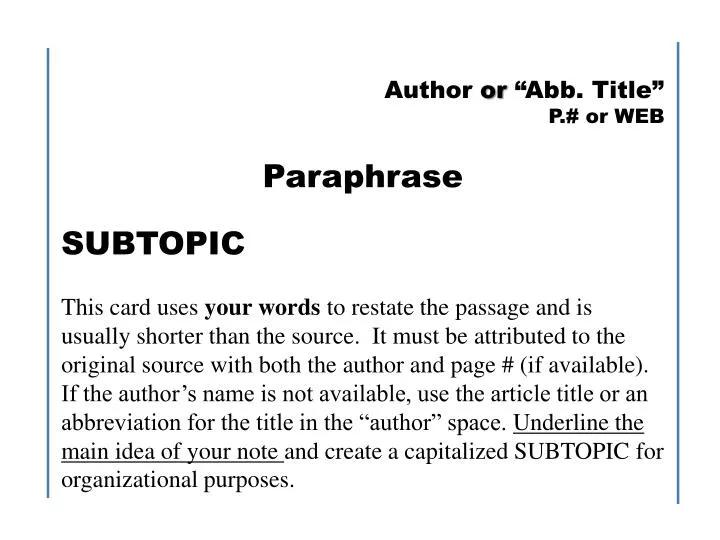Python Variables: Declaration, Initialization, and Usage
Introduction
Welcome to this comprehensive guide on Python variables! As a Python developer, it’s essential to understand how to work with variables in your code. In this article, we’ll delve into the world of Python variables, covering declaration, initialization, and usage. We’ll also explore some practical tips, case studies, and first-hand experiences to make your learning experience more engaging.
What are Variables in Python?
Before we dive into the details, let’s quickly define what a variable is in Python. A variable is a named location that stores a value. It’s like a labeled box where you can store and retrieve data as needed. Think of variables as containers where you can keep your code organized and efficient.
Declaration of Variables
In Python, you don’t need to explicitly declare the type of variable before using it. This is one of the reasons why Python is so easy to learn! To declare a variable in Python, simply assign a value to it:
x = 10
y = "Hello, World!"As you can see from these examples, you don’t need to specify the type of variable (e.g., int, str) before assigning a value.
Initialization of Variables
Initialization is the process of assigning an initial value to a variable. When you declare a variable and assign it a value at the same time, that’s considered initialization:
x = 10 # Initializer with integer value
y = "Hello" # Initialize with string valueAssignment Operators
Python provides several assignment operators that can be used to modify variables:
=: Simple assignment (assign a new value)+=: Addition and assignment-=: Subtraction and assignment*=: Multiplication and assignment/=: Division and assignment%=: Modulus and assignment
Here’s how these operators work:
x = 10 # x is initialized with the value of 10
x += 5 # Now, x holds a value of 15
x *= 2 # Multiply x by 2, now it's equal to 30Variable Naming Conventions
When naming variables in Python, keep the following conventions in mind:
- Use lowercase letters and separate words with underscores (
_):total_cost - Avoid using special characters like
$,%, or@:product_price - Don’t use numbers as variable names:
price10
Practical Tips
Here are some practical tips to help you work effectively with variables in Python:
- Use descriptive variable names to make your code readable.
- Initialize variables when you declare them to prevent confusion.
- Use assignment operators to simplify operations and reduce typos.
Case Study 1: Using Variables for Calculations
Suppose we want to calculate the total cost of a purchase. We can use variables to store the price of each item, quantity sold, and other relevant values:
# Initializer with initial values
price = 10.99 # Price per unit
quantity = 5 # Number of units purchased
# Calculate total cost using variables
total_cost = price * quantityIn this example, we used the = operator to declare variables for price and quantity. Then, we applied an assignment operator (*) to calculate the total cost.
Case Study 2: Using Variables in Conditional Statements
Suppose you want to display a message based on user input. We can use variables to store the user’s response and evaluate it in conditional statements:
# Initializer with user input
response = "yes" # User confirmed their email address
# Use variable in conditional statement
if response.lower() == "yes":
print("Thank you for confirming your email address.")
else:
print("Error: Email address not verified.")In this example, we used the = operator to declare a variable for user input. Then, we evaluated its value using an if-statement.
Conclusion
Working with variables in Python is an essential skill that every developer should master. By following these guidelines and best practices, you’ll become proficient in declaring, initializing, and using variables to write efficient, readable code. Practice makes perfect!
